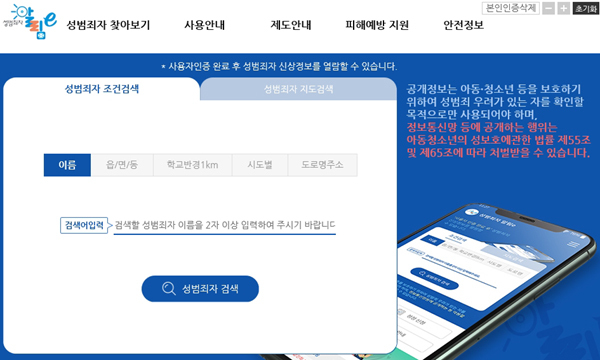In the 21 days since it was first reported, an investigation has not yet identified a food as the cause of a fast-growing outbreak of Salmonella Oranienburg infections — at least officially.
The federal Centers for Disease Control and Prevention (CDC) in Atlanta say public health and regulatory officials in several states are still collecting different types of data to investigate the multistate outbreak.
In three weeks, the Salmonella Oranienburg outbreak grew from 20 infections to 279 confirmed cases. While there have been no deaths, there have also been no recalls because no food is yet linked to the outbreak.
The rapidly growing outbreak has spread to at last 29 states with illnesses starting on dates ranging from Aug. 3 to Sept. 13. Sick people range in age from less than 1 year to 89 years, with a median age of 35, and 59 percent are female. Of 86 people with information available, 26 have been hospitalized.
“The true number of sick people in an outbreak is likely much higher than the number reported, and the outbreak may not be limited to the states with known illnesses.,” CDC reports. “This is because many people recover without medical care and are not tested for Salmonella. In addition, recent illnesses may not yet be reported as it usually takes 3 to 4 weeks to determine if a sick person is part of an outbreak.”
As for the source or sources of the Salmonella illnesses, CDC reports that several groups of people, which it calls “subclusters” are associated with restaurants in multiple states, but that information has not led to a specific food source.
Public health officials in several states are interviewing people about the foods they ate in the week before they got sick. The CDC is then analyzing that data but it has not yet identified a specific food item as a potential source of this outbreak.
Bill Marler, the nation’s best-known attorney for victims of foodborne illnesses, has published so-called “Dendrogram” data from The National Center for Biotechnology Information (NCBI) in his personal blog.
It “shows that of the 275 Salmonella Oranienburg uploaded, 274 Whole Genome Sequence (WGS) ‘matches’ are human and one is cilantro – so, what’s up public health?” Marler asks.
About Salmonella infections
Food contaminated with Salmonella bacteria does not usually look, smell, or taste spoiled. Anyone can become sick with a Salmonella infection. Infants, children, seniors, and people with weakened immune systems are at higher risk of serious illness because their immune systems are fragile, according to the CDC.
Anyone who has eaten any recalled products and developed symptoms of Salmonella food poisoning should seek medical attention. Sick people should tell their doctors about the possible exposure to Salmonella bacteria because special tests are necessary to diagnose salmonellosis. Salmonella infection symptoms can mimic other illnesses, frequently leading to misdiagnosis.
Symptoms of Salmonella infection can include diarrhea, abdominal cramps, and fever within 12 to 72 hours after eating contaminated food. Otherwise, healthy adults are usually sick for four to seven days. In some cases, however, diarrhea may be so severe that patients require hospitalization.
Older adults, children, pregnant women, and people with weakened immune systems, such as cancer patients, are more likely to develop a severe illness and serious, sometimes life-threatening conditions. Some people get infected without getting sick or showing any symptoms. However, they may still spread the infections to others.
With the fast-growing mystery outbreak, CDC offers its guidance as follows
Take action if you have symptoms of a Salmonella infection:
- Talk to your healthcare provider.
- Write down what you ate in the week before you started to get sick.
- Report your illness to your health department.
- Assist public health investigators by answering questions about your illness.
Call your healthcare provider right away if you have any of these severe Salmonella symptoms:
- Diarrhea and a fever higher than 102 degrees F
- Diarrhea for more than 3 days that is not improving
- Bloody diarrhea
- So much vomiting that you cannot keep liquids down
- Signs of dehydration, such as:
- Not urinating much
- Dry mouth and throat
- Feeling dizzy when standing up
Always follow these four food safety steps to help prevent getting sick from Salmonella:
- Clean: Wash your hands, utensils, and surfaces often before, during and after food preparation. Rinse fruits and vegetables under running water before eating, cutting, or peeling them.
- Separate: Keep food that won’t be cooked separately away from raw meat, poultry, and seafood.
- Cook: Use a food thermometer to make sure you have cooked your food to a temperature high enough to kill germs.
- Chill: Refrigerate perishable foods within 2 hours — within 1 hour if the food has been exposed to temperatures above 90 degrees F, like at a picnic. Thaw frozen food in the refrigerator, not on the counter.
(To sign up for a free subscription to Food Safety News, click here.)
Note: This article have been indexed to our site. We do not claim legitimacy, ownership or copyright of any of the content above. To see the article at original source Click Here













